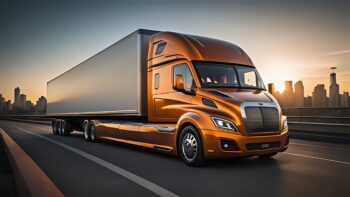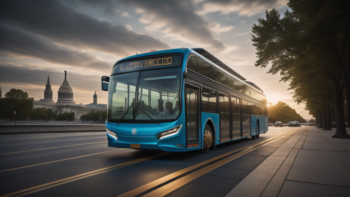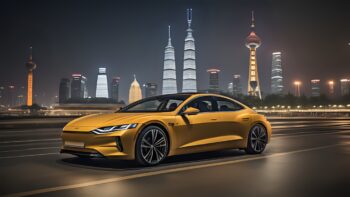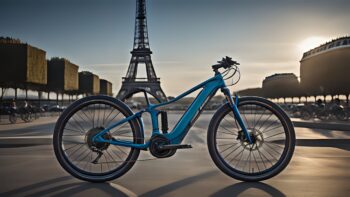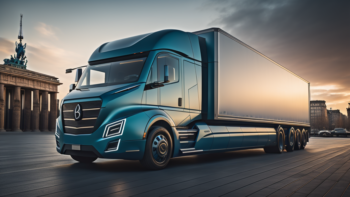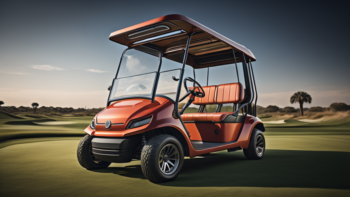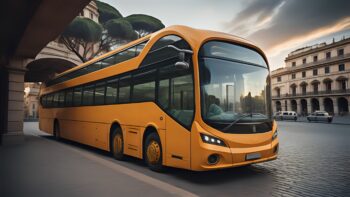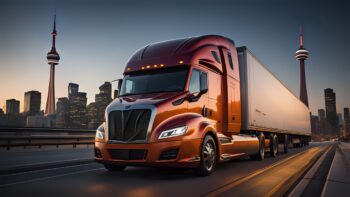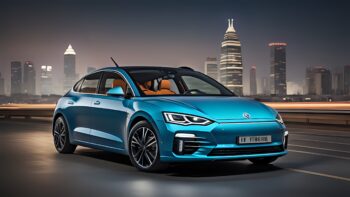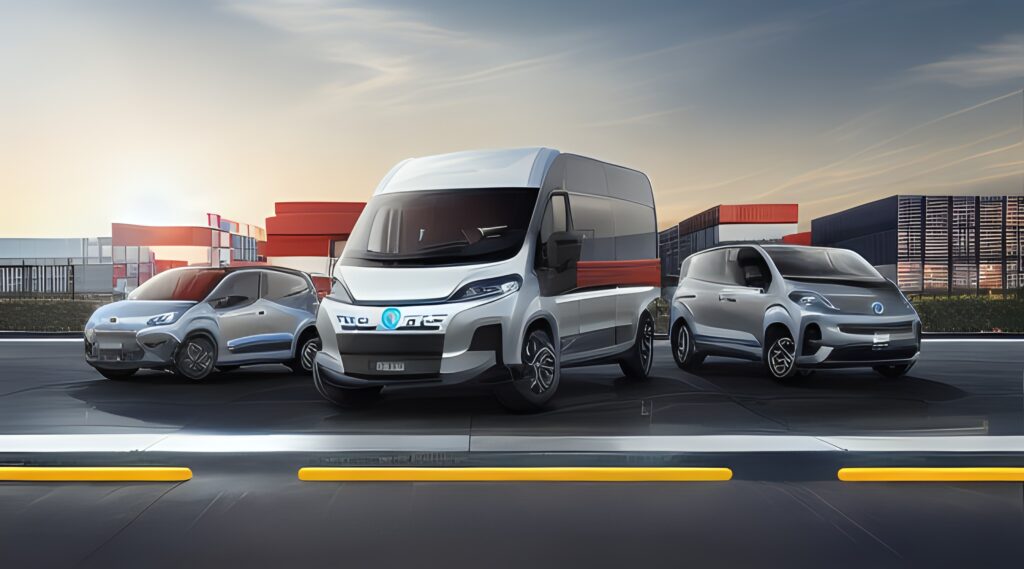
Electric Cargo Van Manufacturers
Listing Category by product
Electric Cargo Van Manufacturers: Redefining sustainable urban logistics
Electric cargo van manufacturers are transforming urban transportation with advanced, eco-friendly vehicles. These companies are at the forefront of innovation, designing vans that optimize battery efficiency, extend driving ranges, and maximize cargo space. By prioritizing sustainability, they are leading the charge in modernizing commercial transportation, offering businesses quieter, cleaner, and more cost-effective solutions for urban delivery and logistics.
The growing demand for Electric Cargo Vans
The global adoption of electric cargo vans is surging as urban logistics evolve to tackle challenges like air pollution, traffic congestion, and the need for sustainable transportation. Businesses are increasingly choosing electric vehicles (EV’s) for their delivery operations, and major automakers such as Mercedes-Benz, Ford, and Nissan are heavily investing in this burgeoning market to meet rising demand.
Market growth: A bright future for Electric Cargo Vans
Key factors driving growth
- Government incentives
Governments worldwide are accelerating the shift to electric vehicles by offering financial subsidies, tax breaks, and grants. These initiatives encourage businesses to transition to electric fleets and contribute to greener urban environments. - Stricter emissions regulations
As emissions standards tighten globally, businesses are compelled to adopt zero-emission vehicles like electric cargo vans to comply with regulations and reduce their environmental impact. - Technological advancements
Innovations in battery technology are extending vehicle ranges and reducing charging times, making electric cargo vans increasingly viable for heavy-duty and long-distance logistics.
Regional leaders in Electric Cargo Van adoption
- North America: Urban hubs like New York, Los Angeles, and Toronto are driving adoption to address emissions and reduce congestion.
- Europe: Known for its strict environmental policies, Europe leads in electric van adoption, with Germany, the UK, and the Netherlands spearheading growth.
- Asia-Pacific: With rapid urbanization and booming e-commerce, regions like China, Japan, and India are becoming significant players in the electric cargo van market.
The future of Electric Cargo Vans in urban logistics
Electric cargo vans are transforming urban logistics with sustainable, efficient solutions for last-mile delivery and freight transport. Here’s how:
1. Advanced battery technology
Improved battery density and fast charging extend range and reduce downtime, boosting practicality for commercial use.
2. Cost savings
Lower battery costs and fuel-free operation make electric vans a cost-effective choice for businesses, offering significant long-term savings.
3. Sustainability focus
Electric vans help meet ambitious emission-reduction goals, improving air quality and supporting eco-friendly urban initiatives.
4. Smart features
With GPS, IoT connectivity, and route optimization, these vans streamline logistics, enhancing operational efficiency.
Why Electric Cargo Vans are the future
Electric cargo vans deliver clean, quiet, and efficient transport, addressing urban challenges while supporting green mobility. As technology evolves and government incentives grow, they are set to become essential for last-mile delivery, driving smarter, more sustainable cities.

